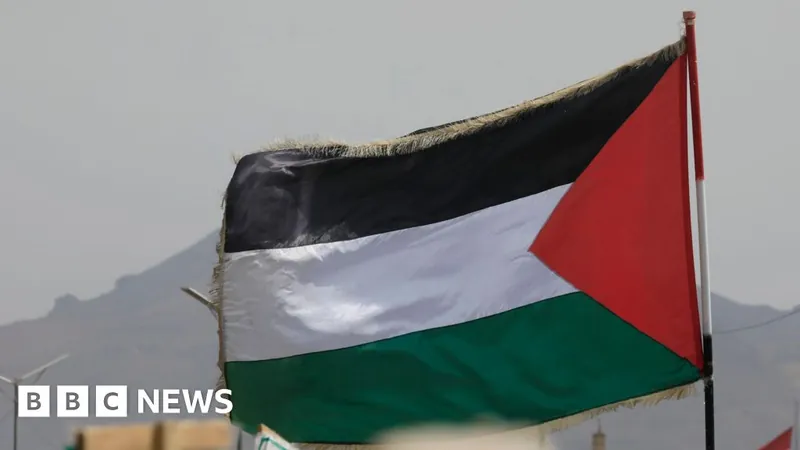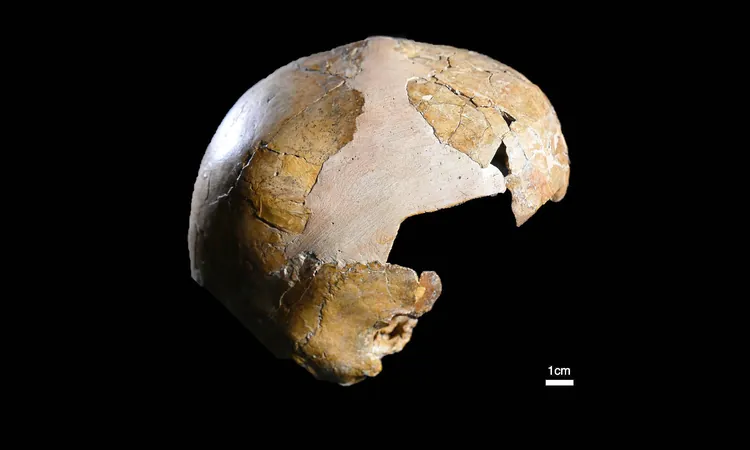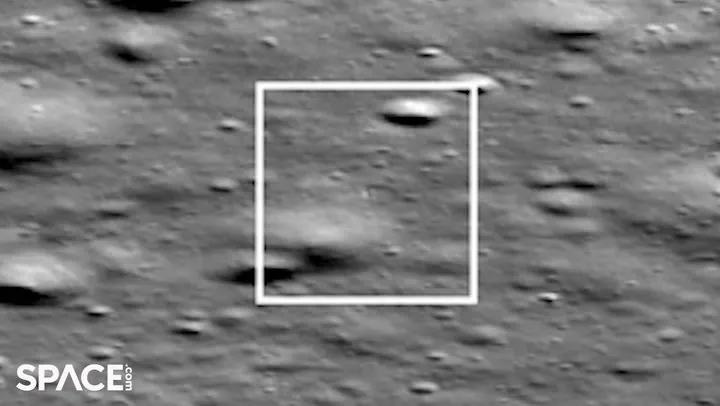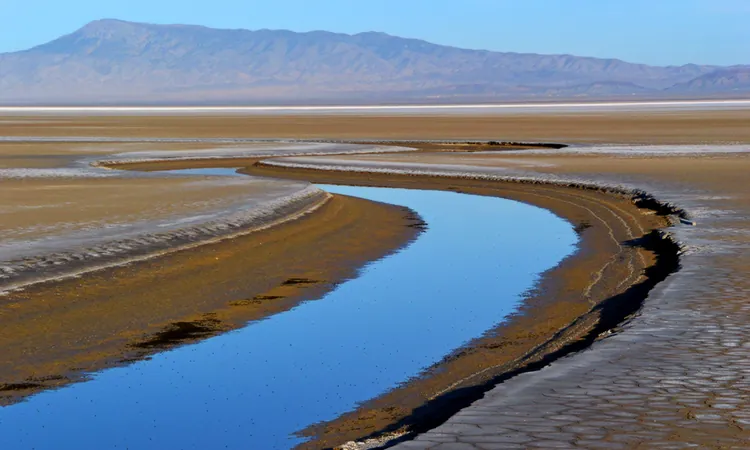
UK Set to Recognize Palestinian State: What It Means and Why It Matters
2025-07-30
Author: Amelia
A Game-Changer in the Middle East?
In a bold move, UK Prime Minister Sir Keir Starmer announced that the UK will recognize a Palestinian state this September, contingent upon Israel agreeing to a ceasefire in Gaza and reviving the long-stalled two-state solution. This declaration has stirred significant backlash, most notably from Israeli Prime Minister Benjamin Netanyahu, who condemned the decision as a reward for "Hamas's monstrous terrorism." But what does this recognition truly signify?
Understanding Palestine's Status
Palestine exists in a complex state of recognition on the world stage. While it has been acknowledged by 147 of the 193 UN member states and maintains diplomatic missions, it lacks defined borders, a capital, and an army due to ongoing Israeli military occupation. The Palestinian Authority, established from 1990s peace agreements, struggles to exert complete control over its territory, especially amidst the chaos in Gaza.
Symbolic Yet Powerful
The UK's recognition is largely symbolic but carries a moral and political weight that could reverberate through the international community. As noted by Foreign Secretary David Lammy, there's a historic obligation for Britain to support a two-state solution, which he connected to the 1917 Balfour Declaration that originally endorsed a Jewish homeland in Palestine. However, he rightly pointed out that this commitment should not come at the expense of non-Jewish communities.
A Long-Standing Conflict
For decades, the land once known as Palestine has been viewed as unfinished international business. Following the establishment of Israel in 1948, attempts to create a Palestinian state have repeatedly stalled due to various political and territorial disputes. The concept of a two-state solution—envisioning an independent Palestine alongside Israel—has become overshadowed by ongoing tensions and colonization efforts in the West Bank.
The International Recognition Landscape
With the anticipated recognition from the UK and France, Palestine will have backing from four out of the five permanent members of the UN Security Council, leaving the U.S. as a lone dissenting voice. While the U.S. has acknowledged the Palestinian Authority since the 1990s, it has never formally recognized Palestine as a state; a stance heavily influenced by former President Trump’s administration.
Why Now?
The UK’s shift comes amidst growing public outrage over the humanitarian crisis in Gaza and evolving sentiments among British lawmakers. Increasing pressure to take a stand has prompted MPs, including Health Secretary Wes Streeting, to advocate for recognition to protect Palestinian rights before it is too late. However, the UK’s commitment is conditional, hinging on Israel’s actions to alleviate suffering and pursue peace negotiations—steps that seem unlikely given Netanyahu's historical stance against Palestinian statehood.
Looking Ahead
Though British recognition of Palestine appears imminent, its impact on the ground remains uncertain. Starmer is betting on this being a pivotal moment, yet the geopolitical landscape in 2025 will not mirror that of 1917. How the international community responds, especially in light of steadfast U.S. support for Israel, could shape the future of peace efforts in this deeply entrenched conflict.









 Brasil (PT)
Brasil (PT)
 Canada (EN)
Canada (EN)
 Chile (ES)
Chile (ES)
 Česko (CS)
Česko (CS)
 대한민국 (KO)
대한민국 (KO)
 España (ES)
España (ES)
 France (FR)
France (FR)
 Hong Kong (EN)
Hong Kong (EN)
 Italia (IT)
Italia (IT)
 日本 (JA)
日本 (JA)
 Magyarország (HU)
Magyarország (HU)
 Norge (NO)
Norge (NO)
 Polska (PL)
Polska (PL)
 Schweiz (DE)
Schweiz (DE)
 Singapore (EN)
Singapore (EN)
 Sverige (SV)
Sverige (SV)
 Suomi (FI)
Suomi (FI)
 Türkiye (TR)
Türkiye (TR)
 الإمارات العربية المتحدة (AR)
الإمارات العربية المتحدة (AR)